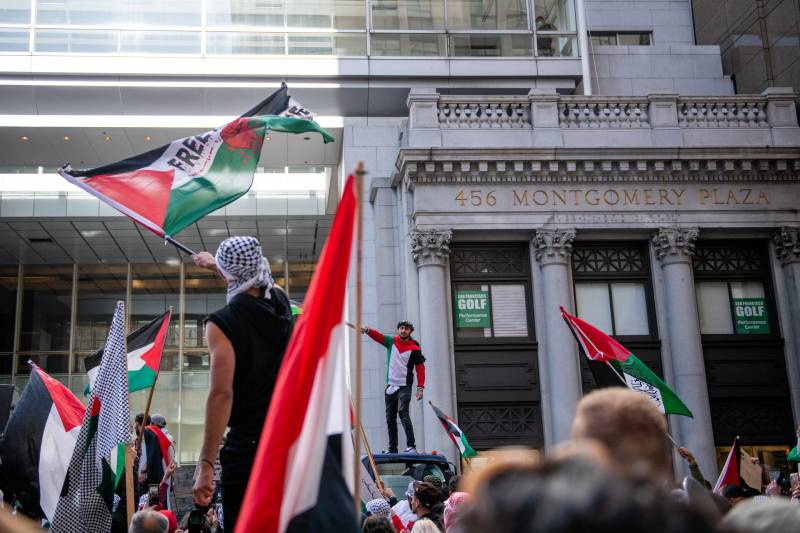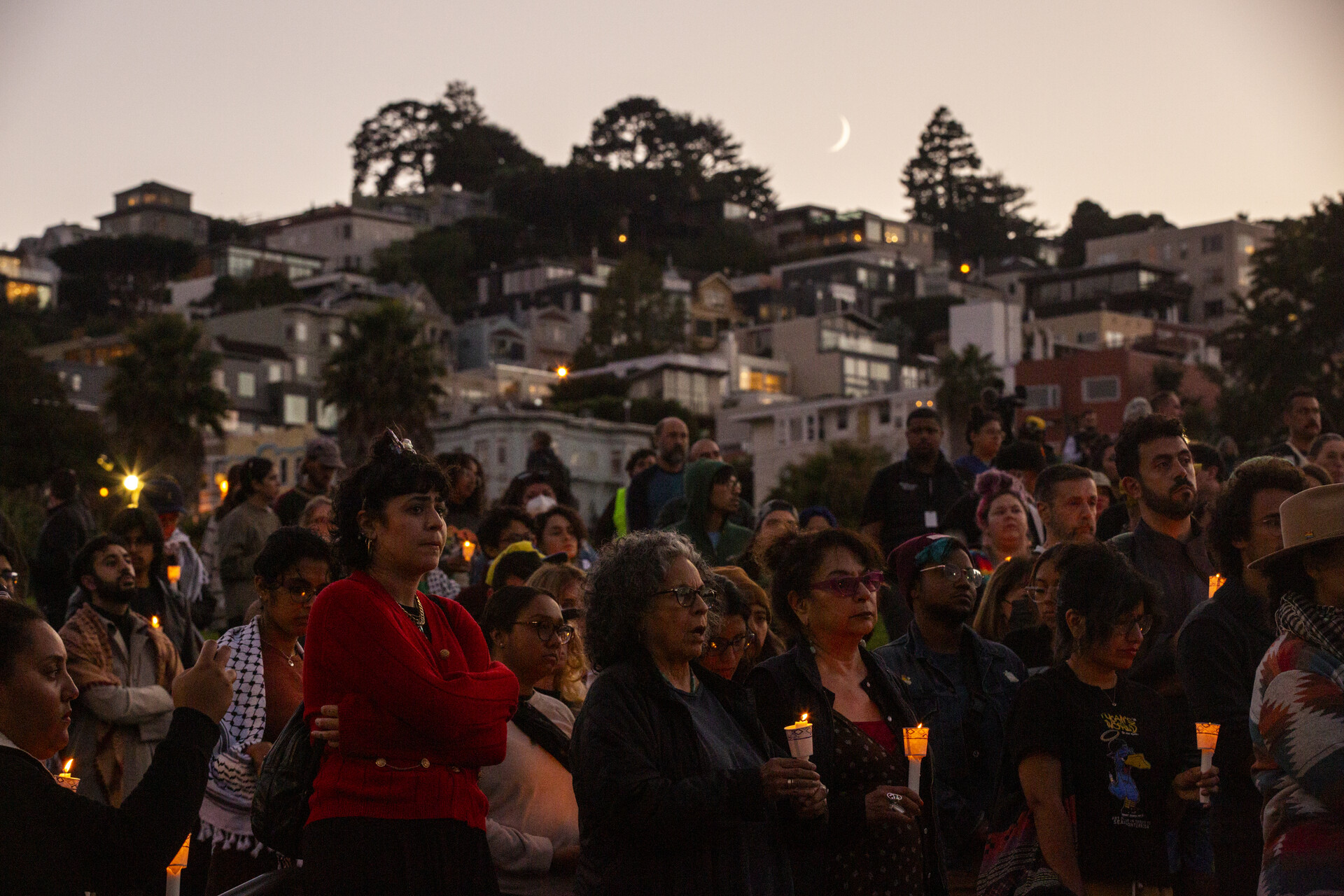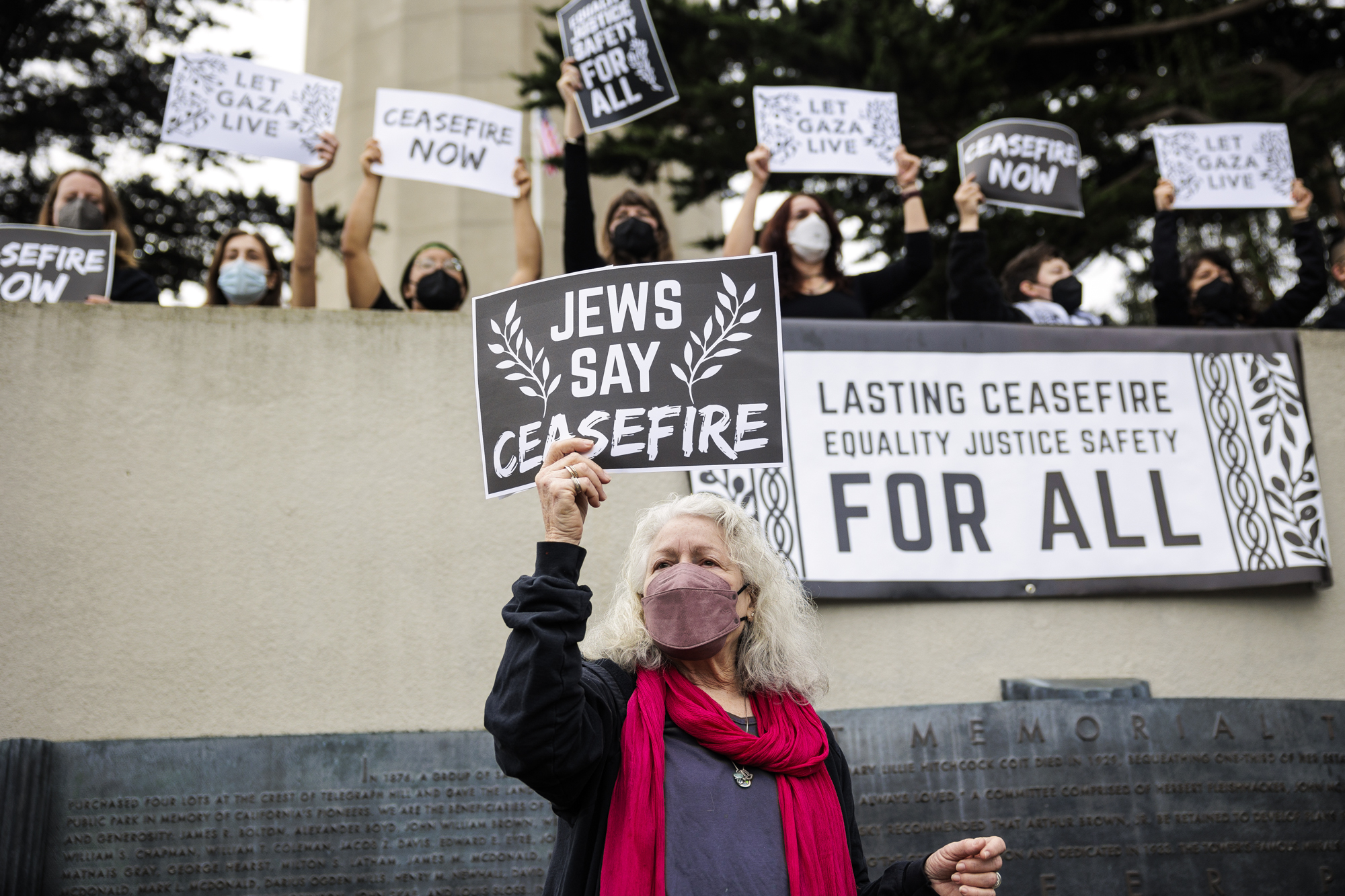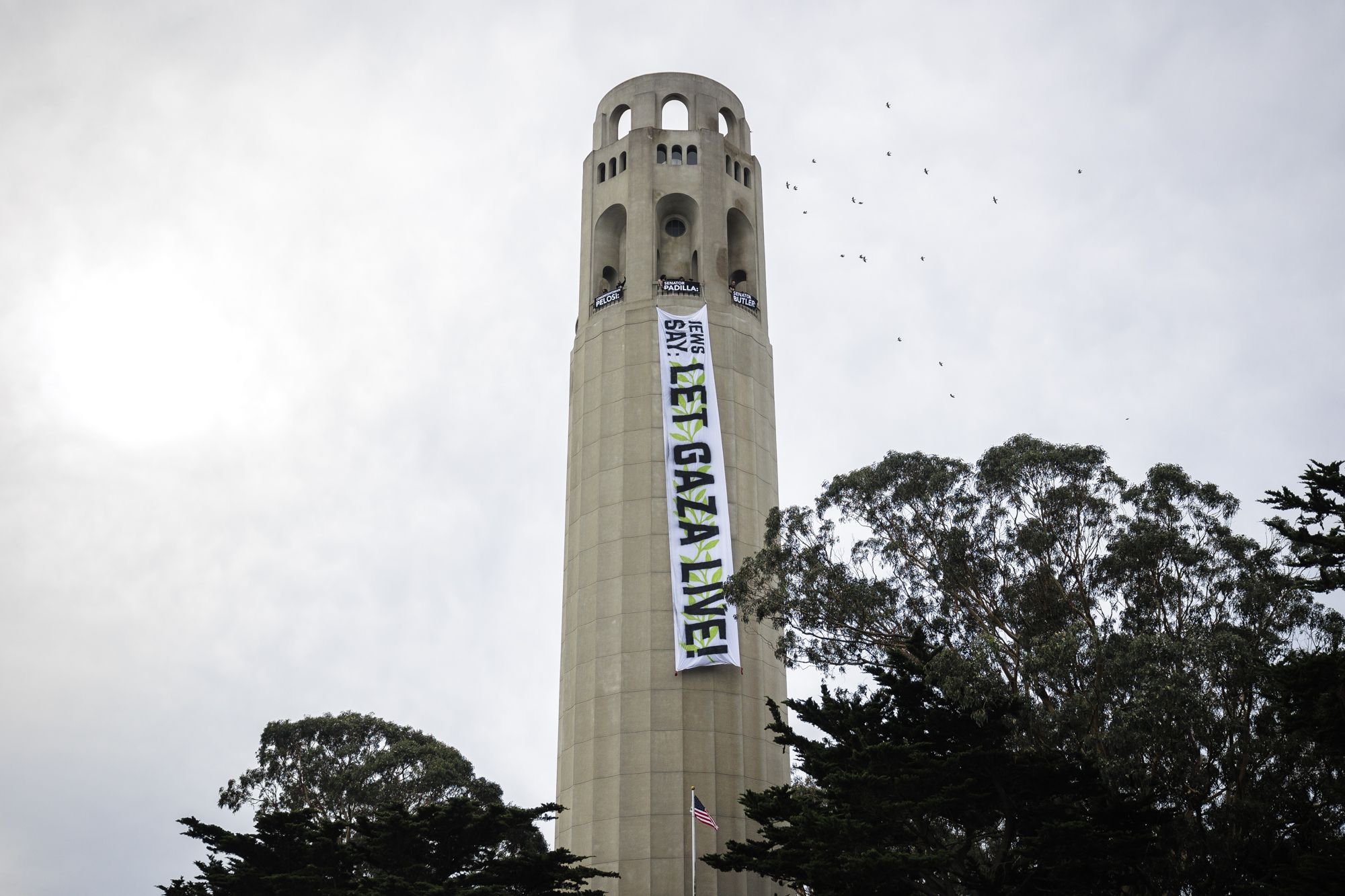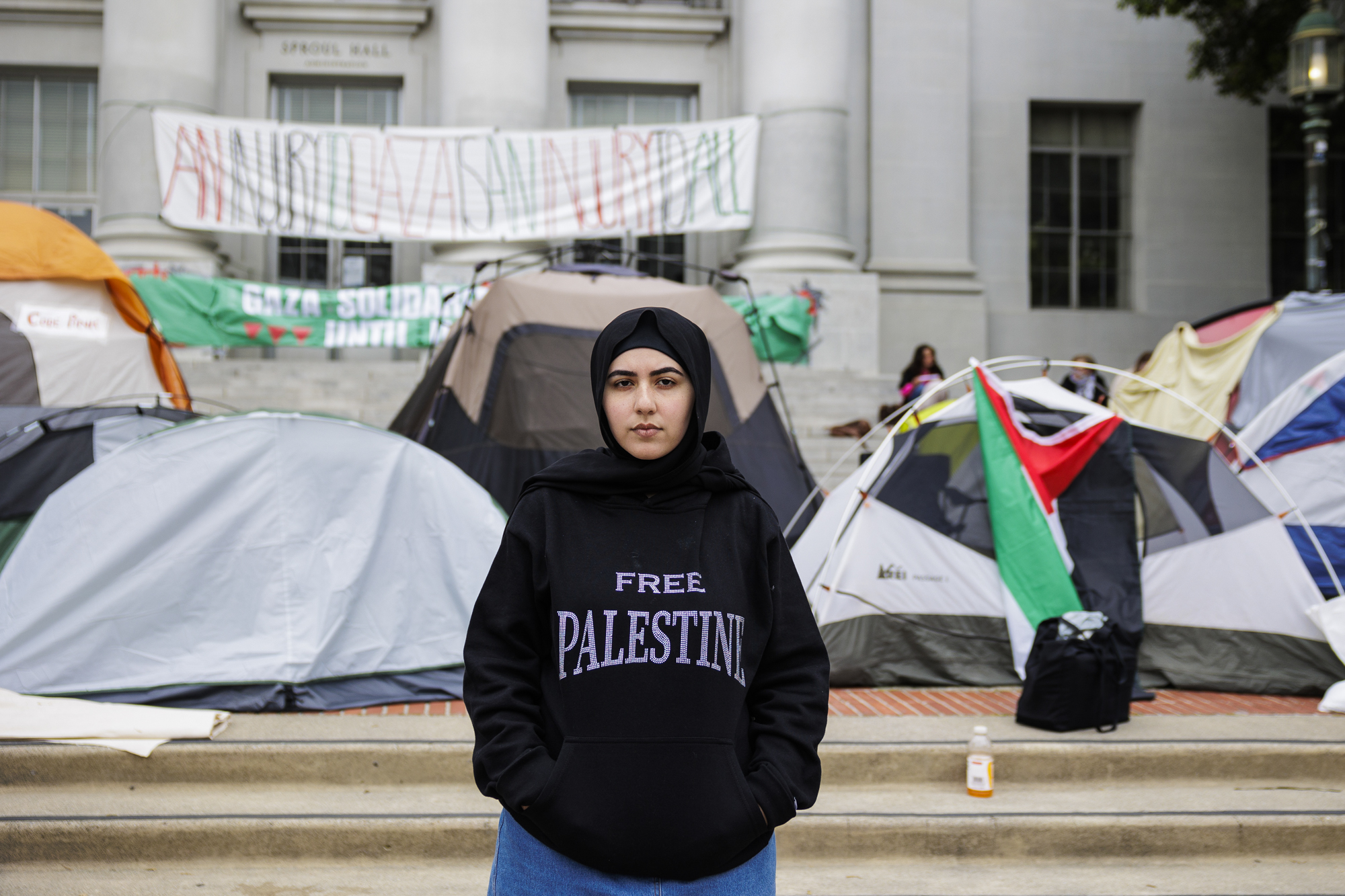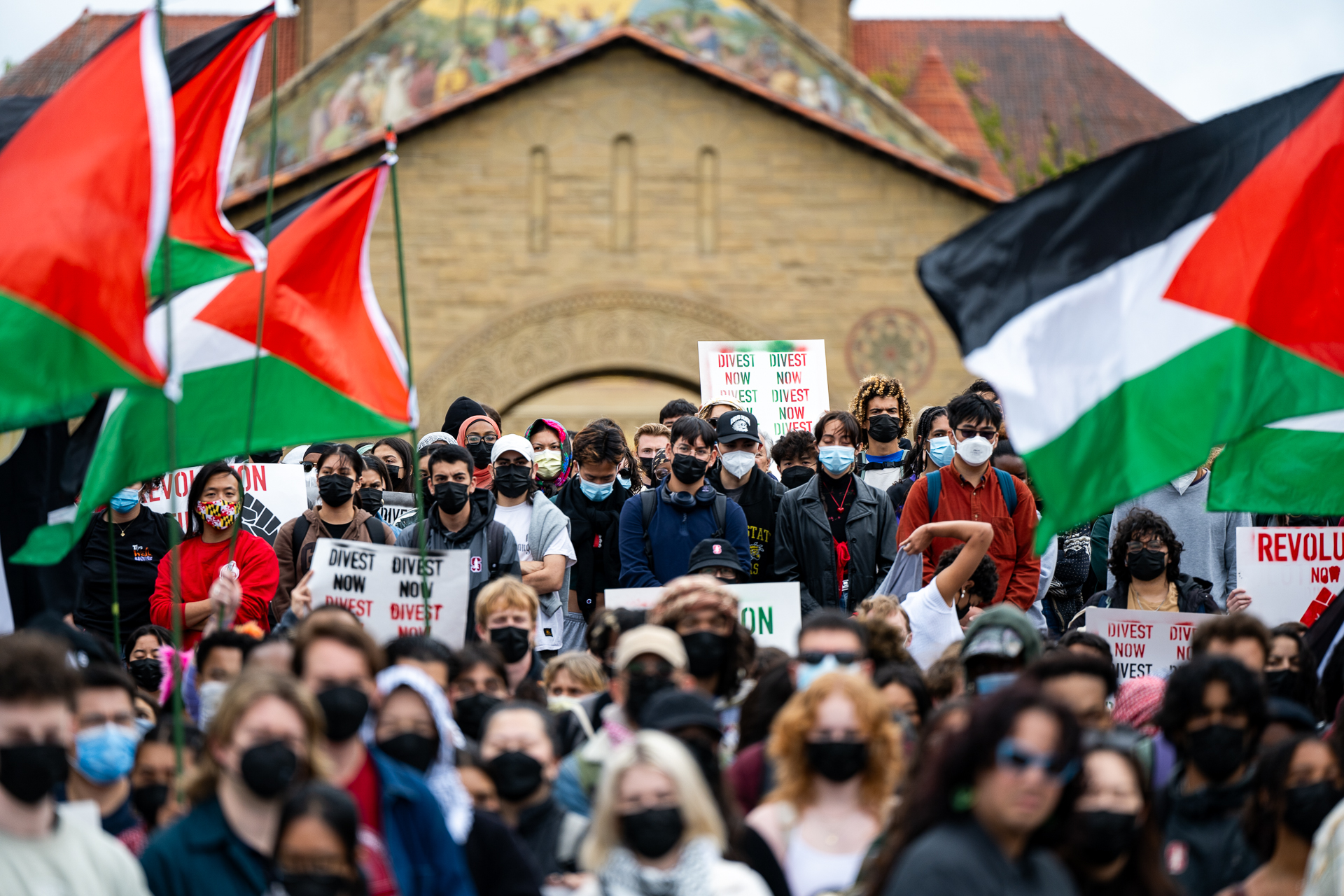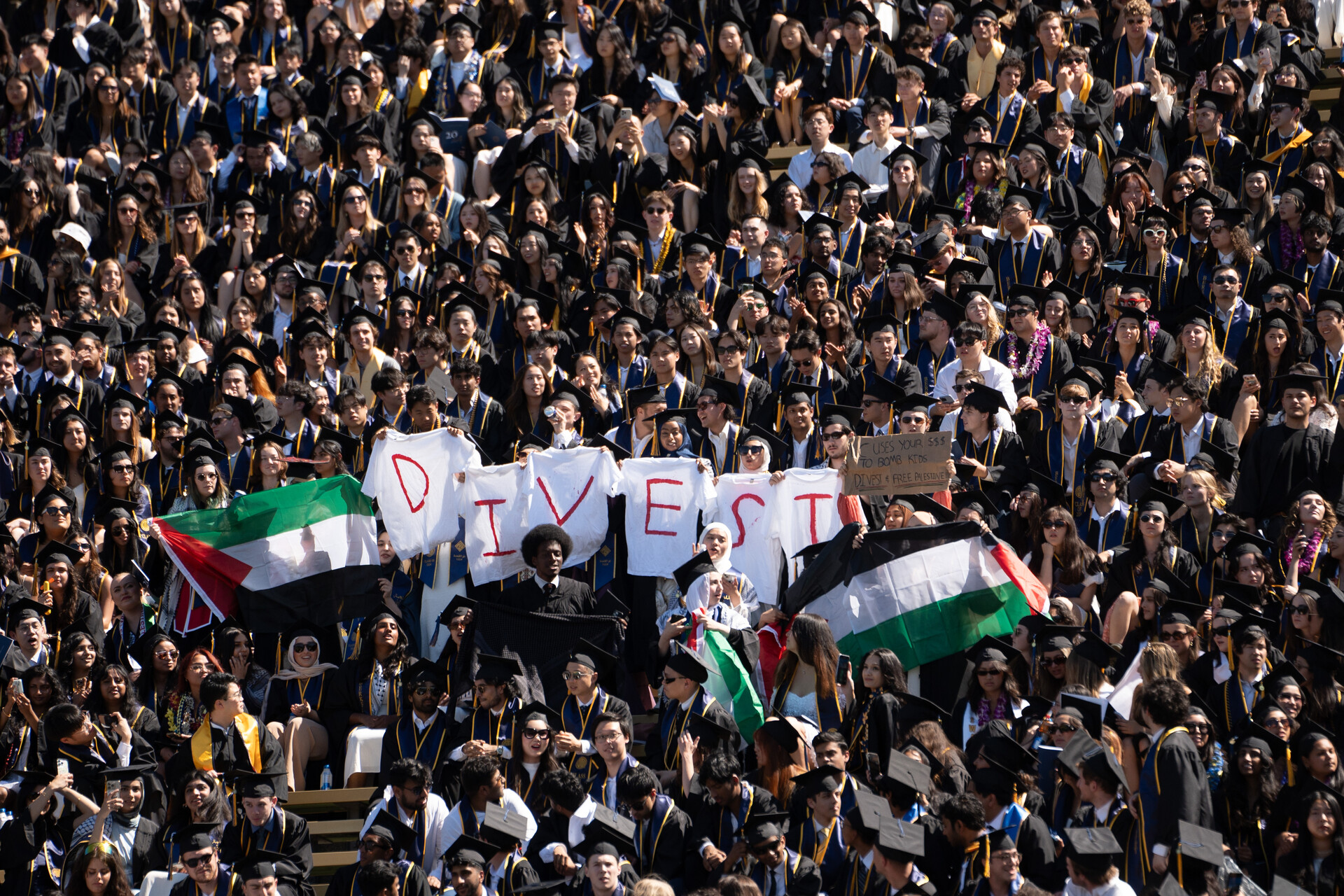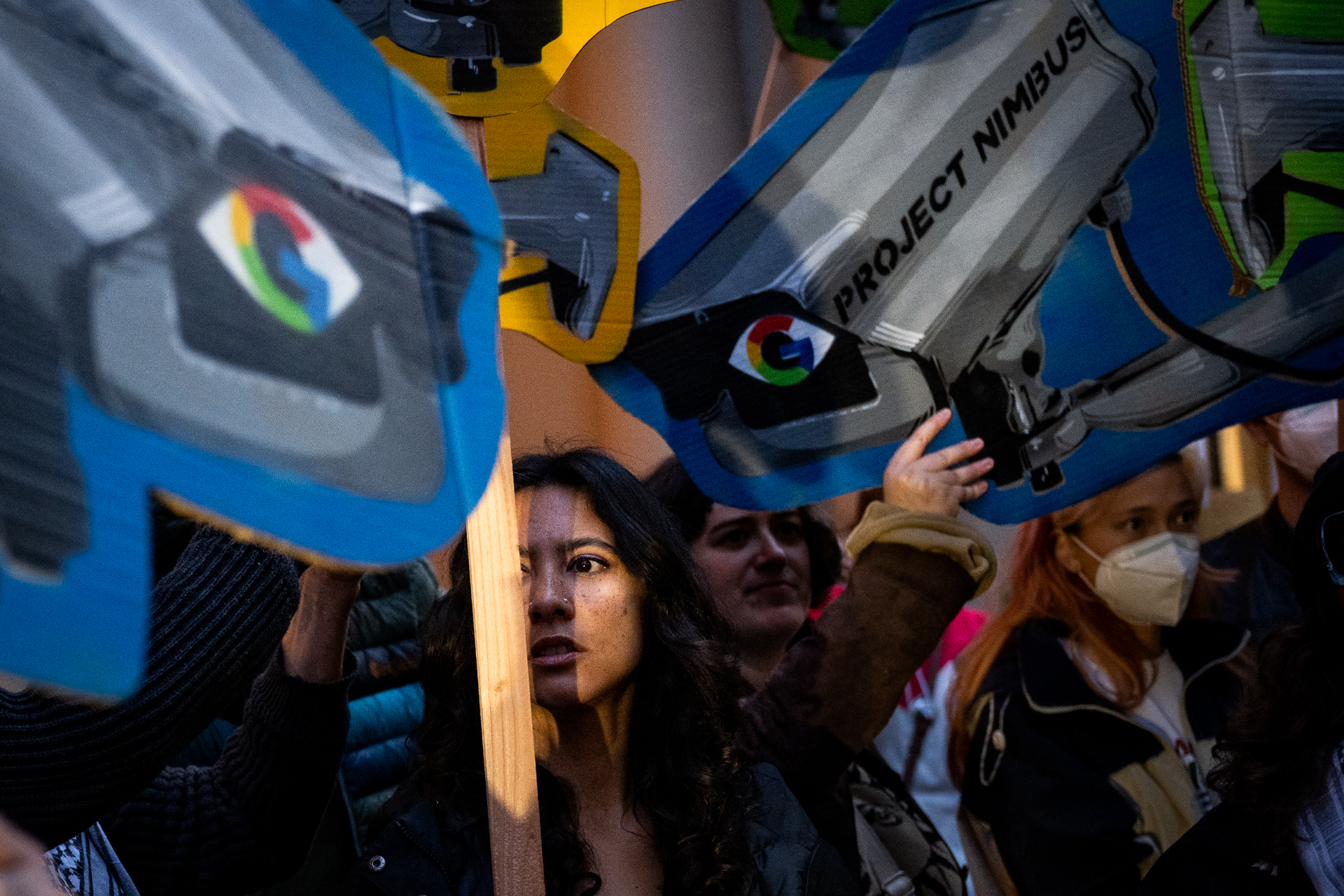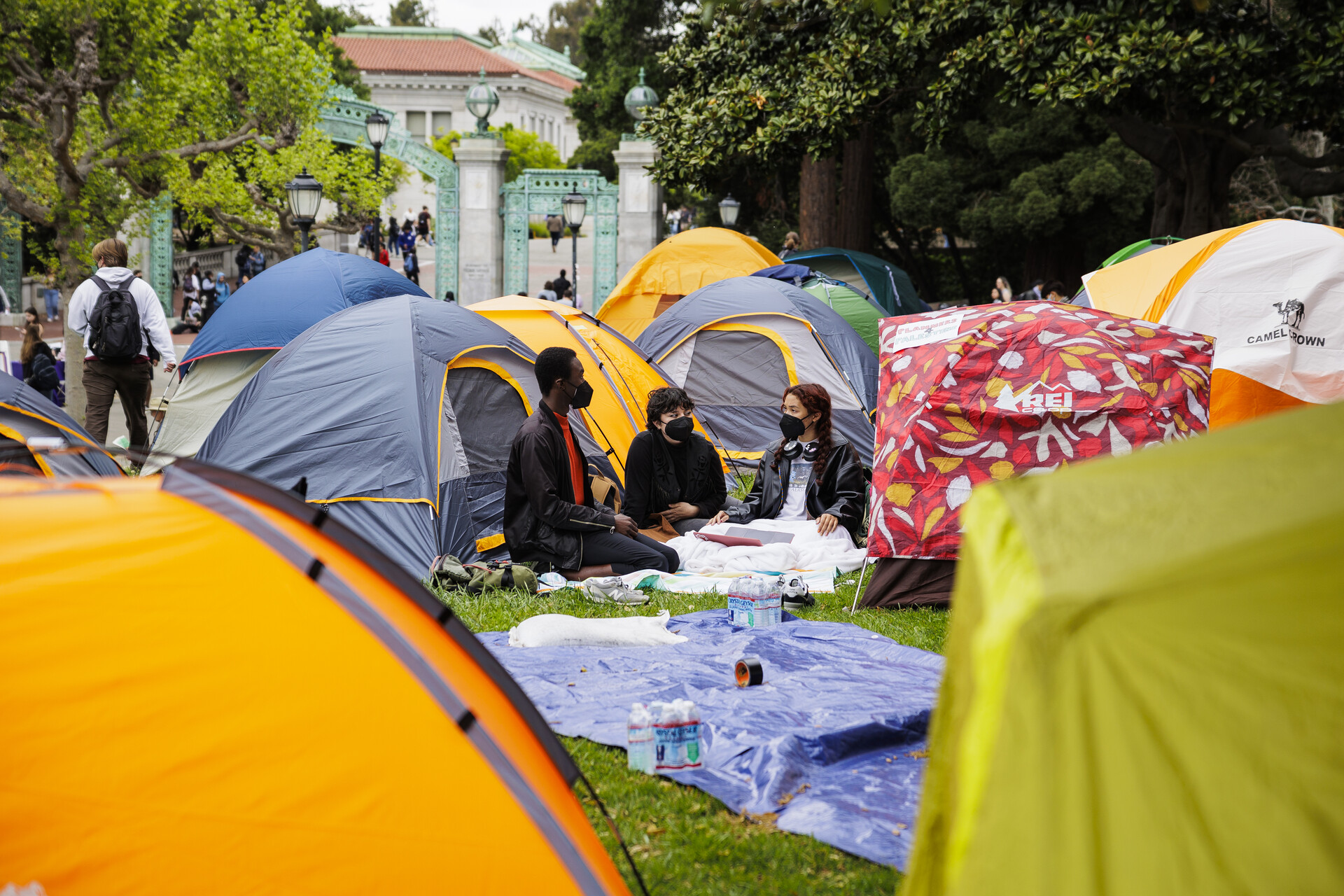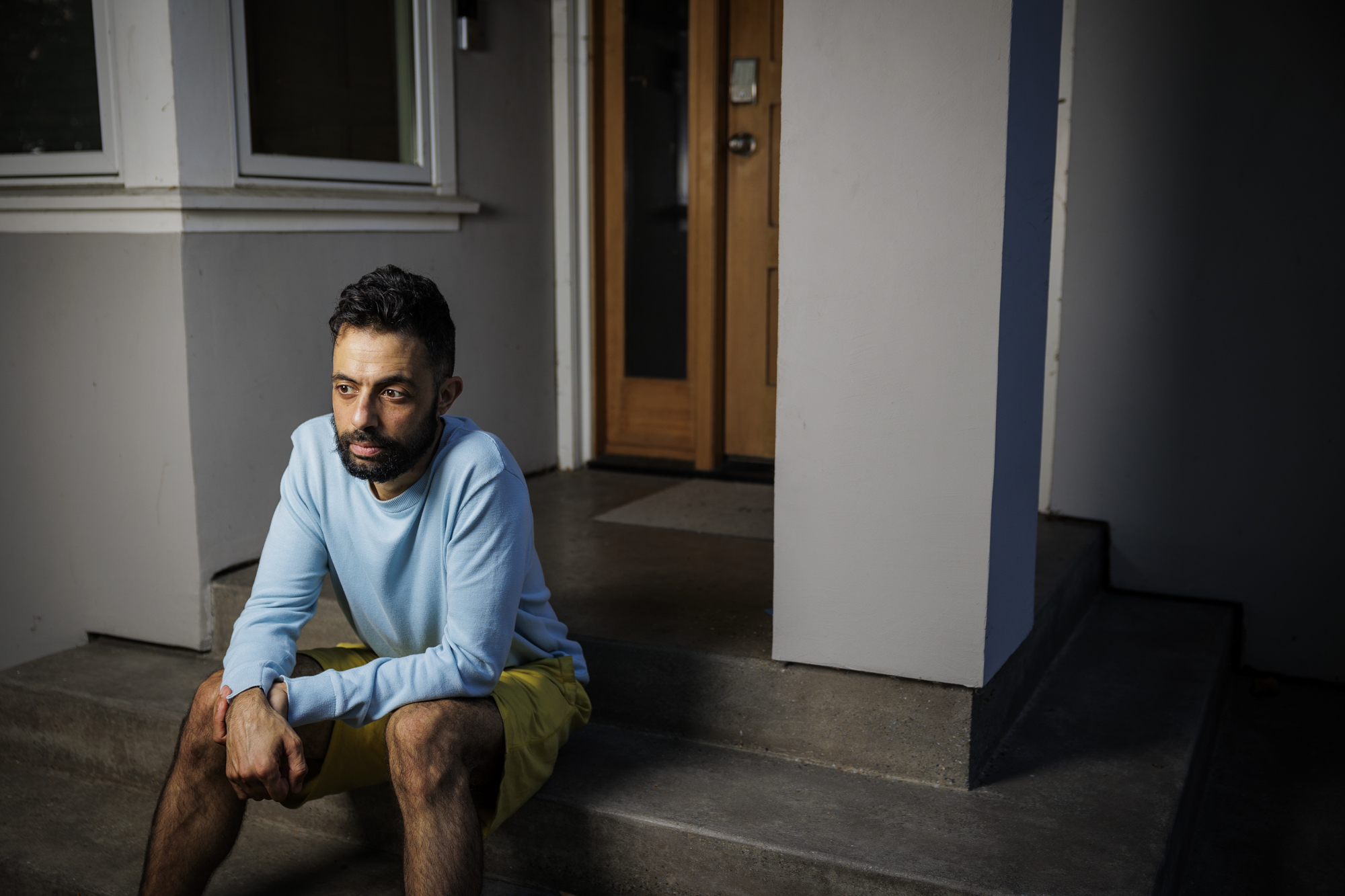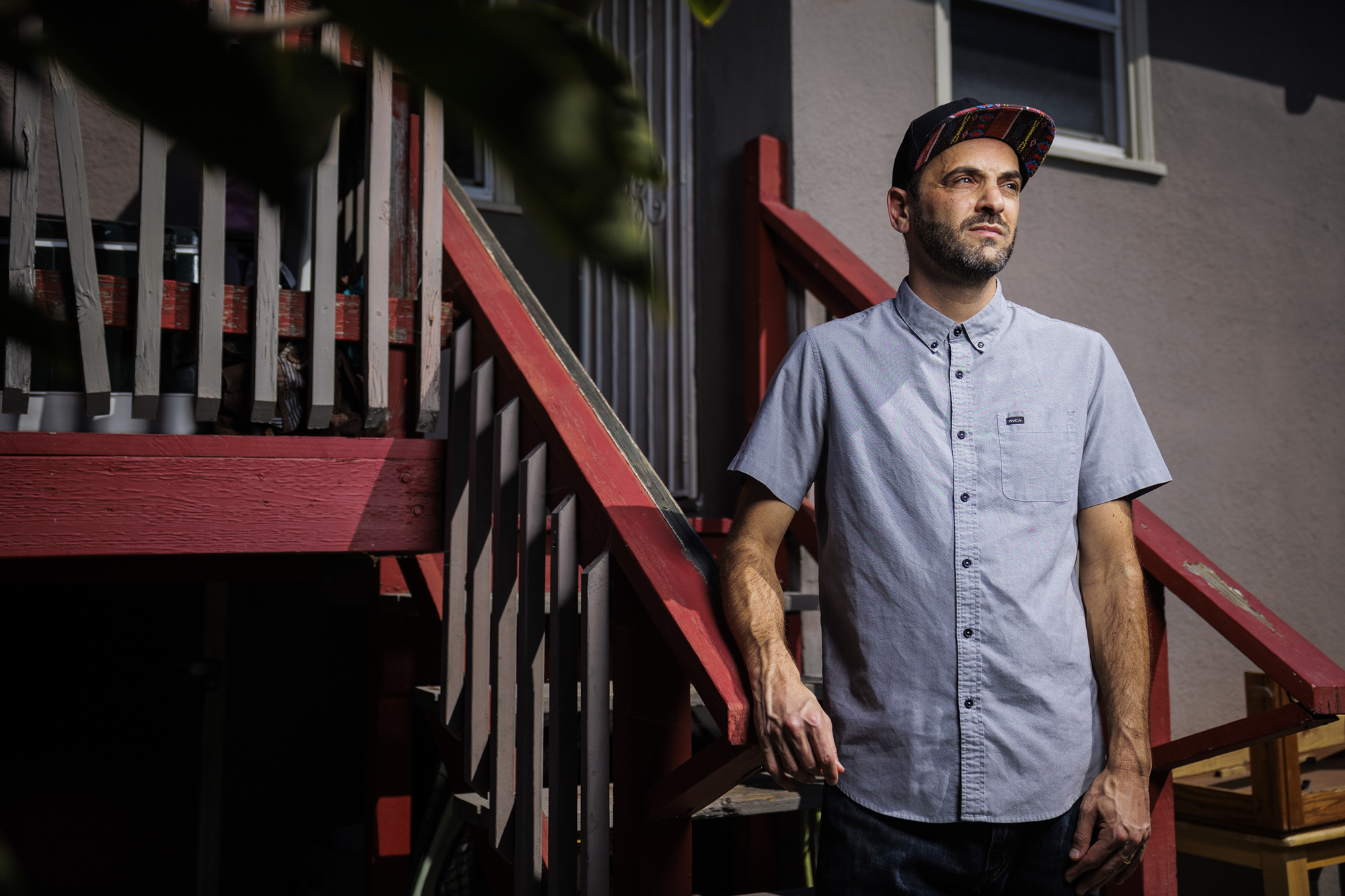M
onday marks one year since Oct. 7, 2023, when Hamas-led militants launched a cross-border attack into Southern Israel — killing more than 1,200 people and taking approximately 240 hostages, according to the Israeli government.
Soon after, Israel began its continuing, unrelenting assault on Gaza, which has now killed more than 41,600 Palestinians, according to Gaza health officials — a number that is likely an undercount, according to U.N. human rights officials.
More than 96,000 Palestinians have been injured and 1.9 million — almost the entire population of Gaza — have been completely displaced, with more than 70,000 housing units destroyed. With Israeli attacks killing aid workers and destroying hospitals, a humanitarian crisis that includes sickness and starvation has unfolded in Gaza.
And ahead of the Oct. 7 mark, fears of a more widespread regional war have taken hold after Iran launched a missile strike on Oct. 1 into Israel in reprisal for Israeli attacks into Lebanon against Iran-backed Hezbollah. According to Lebanon’s health ministry, over 1,000 people have been killed by Israeli strikes so far in the past two weeks — and this week, Israel started a ground offensive in Lebanon.

The death tolls of the last year have been staggering. But for people like Rolla Alaydi of Pacific Grove, they go far beyond numbers. Her family members have been killed in Gaza, including her cousin Mohammad and aunt Zainab.
Alaydi has spent every day this past year in complete terror, waiting to see what will happen to the rest of her family back home. She said she fears them being forgotten entirely.
“I have a nightmare every night,” she told KQED. “I woke up in the middle of the night crying. Just the image of them being killed or bombed or being starved to death — it’s just haunting me every single day.”

During the siege of Gaza, more than 100 hostages have been released or rescued. Six hostages have died, some killed by Israeli airstrikes. One of the hostages killed was 23-year-old Berkeley native Hersh Goldberg-Polin. Tens of thousands of people attended his funeral in Jerusalem.
In an interview with KQED, Oakland Rabbi Julie Bressler of Temple Sinai quoted the words of Goldberg-Polin’s mother at the Democratic National Convention: “In a competition of pain, there are no winners.”
“That’s true. No one’s winning,” Bressler said. “And so, how do we get that message out there?”
Here is an abridged compilation of KQED’s reporting and features from the past year and how the Oct. 7 attacks and the subsequent siege of Gaza have impacted Bay Area communities — from politics to the arts world to campus life.
Jump to:

On politics
In this past year, Israel’s bombardment — and the resulting destruction that human rights experts said in March provides “reasonable grounds” to believe Israel is committing genocide in Gaza — has sparked protests demanding a cease-fire around the world, as the United States’ substantial aid to Israel became part of the national discussion.
In the Bay Area, bridges and highways were blocked, weapons manufacturers and oil companies were protested, and presidential candidates were shunned. Some protesters were arrested and charged, which has worried some First Amendment advocates and experts.

For Mohammad Subeh, a physician and South Bay resident with Palestinian heritage and many others, the conflict started “76 years ago in 1948” with the Nakba, in which Palestinians were displaced and expelled from their homes during the establishment of Israel.
In the past months, he said he has noticed that “people have come to question the role the United States plays in the region.”
“Because we oftentimes hear that [America is] there to establish justice and promote freedom and peace,” he said. “And unfortunately, the Bay Area community specifically — and the U.S. at large — has witnessed a complete polar opposite in terms of action in the past 12 months, as it relates to where we stand in funding a lot of the atrocities experienced by the Palestinian people.”

Joe Biden’s support of Israel soured many Democrat voters — particularly young Bay Area voters. A coordinated effort to write-in “Ceasefire” in primary elections spread in the country in early March (although its impact in California was hazy.)
After Biden exited the race, Democratic presidential candidate Kamala Harris seemed promising to some pro-Palestinian advocates for her apparent sympathy for the plight of Palestinians. However, that took a turn at the Democratic National Convention, where a Palestinian American delegate was barred from speaking, and Harris expressed her commitment to having the “strongest, most lethal fighting force in the world” in her speech — a contrast to anti-war sentiment popular among young voters.

In a Gallup poll this summer, 77% of Democrat voters said they disapproved of Israel’s military action in Gaza, and for some young activists in the Bay Area, U.S. support of Israel is a heavy factor in their choice to vote at all in local or national elections.
- May 13: Climate Voters Grapple With Ethical Dilemma in California’s District 13 Race
- July 24: Young Voters Seek More From Harris on Climate Action and a Cease-Fire in Israel
Officials and residents of Bay Area communities disagreed over official expressions of support for Palestinians or Israelis, leading to passionate arguments breaking out during city council meetings. When San Francisco became the largest city to pass a resolution supporting a cease-fire, Mayor London Breed condemned the move — but did not veto it.
- Nov. 6, 2023: The Bay Area’s Only Palestinian-American Elected Official Speaks Out On the War in Gaza
- Nov. 27, 2023: Oakland City Council Unanimously Adopts Resolution Demanding Gaza Cease-fire
- Jan. 12: San Francisco Becomes Largest City in US to Approve Gaza Cease-Fire Resolution

In early May, House Republicans held a series of hearings of how K–12 school districts were handling antisemitism in the midst of the ongoing war, calling in the superintendent of Berkeley schools to testify. (Democrats had questioned Republicans’ political motives for the hearings, as former President Donald Trump has shown laxness around antisemitic speech in the past.)
- May 7: Berkeley Schools Chief Set to Testify at Congressional Hearing on Antisemitism
- May 8: Berkeley Schools Chief Rejects Allegations of ‘Pervasive’ Antisemitism in Capitol Hill Testimony
- May 9: House GOP Targets Berkeley Schools in Antisemitism Hearing

On community
The ongoing violence and war have deeply struck Bay Area communities with ties to either Israel or Gaza — and how they can find ways to relate to each other.
Bressler, the Oakland rabbi, said Temple Sinai even held spaces for people to have difficult conversations around the news.
“We have places for folks with lots of different beliefs, including folks who want to be in a space with folks they agree with, and we honor that. Places to have those conversations,” she said in an interview with KQED. “A lot’s happening behind closed doors and in personal relationships.”
